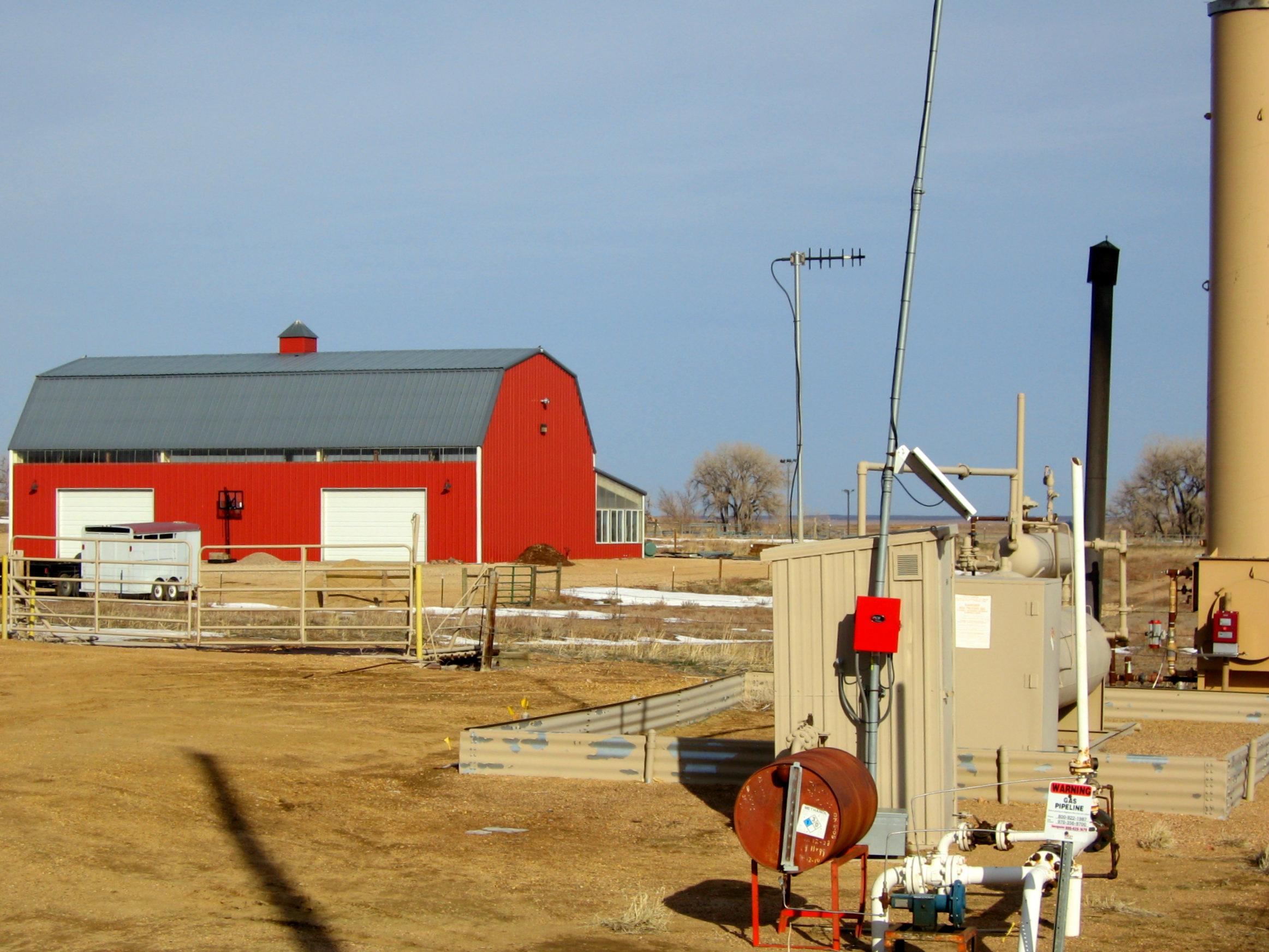
 Coloradans who want to limit oil and gas drilling near their homes are gathering signatures to put the issue before voters. The two ballot measures are intended to give local jurisdictions more control in regulating the oil and gas industry, and have been the subject of considerable controversy. Here's a brief explanation of what each would do.
Coloradans who want to limit oil and gas drilling near their homes are gathering signatures to put the issue before voters. The two ballot measures are intended to give local jurisdictions more control in regulating the oil and gas industry, and have been the subject of considerable controversy. Here's a brief explanation of what each would do.
Dramatic increases to setbacks
Amendment 88 would require a 2,000-foot setback between drill rigs and any occupied structures, including homes, schools and hospitals. That’s about half a mile, or the length of four to six Denver city blocks.
The change would be significant. Last year the state increased the setback to 500 feet; prior to 2013, drill rigs had to be 150 feet away from occupied structures in rural areas and 350 feet in cities. The decision to increase the setback was the outcome of a long fight between stakeholders at the Colorado Oil and Gas Conservation Commission (COGCC). If Amendment 88 makes it onto the November ballot, it would be the first time setbacks could be decided by Colorado voters.
Broad opportunities for municipal choice
Amendment 89 would create an Environmental Bill of Rights, giving towns and cities the right to set their own rules to protect air and water.
It is not exactly clear how local jurisdications would try to use Amendment 89 if it were to pass. Here are some possible scenarios:
- The state doesn’t currently have a specific setback requirement between oil and gas wells and streams. A city could require oil and gas wells be a specific distance from surface water.
- A city could require increased groundwater sampling by the industry before approving a well permit.
- A town might require operators to check for methane leaks more frequently than the state does.
Matt Lepore, the director of the COGCC, says the legislation is vague and lacks detail, but he says that's not unusual because ballot measure language is often broad. Once amendments pass, lawmakers draft more specific legislation or regulators set more specific rules.
Coloradans for Safe and Clean Energy is the organization supporting the initiatives. Spokeswoman Mara Sheldon says the group has gathered about 65,000 signatures on both initiatives. The state requires 86,105 signatures for a measure to make it onto the ballot. The deadline is August 4. Typically, campaigns try to gather at least 120,000 signatures to ensure there are enough valid names.
Gov. John Hickenlooper abandoned his push for bipartisan legislation last week. His effort was intended to keep the controversy over oil an gas regulations off of the ballot.








